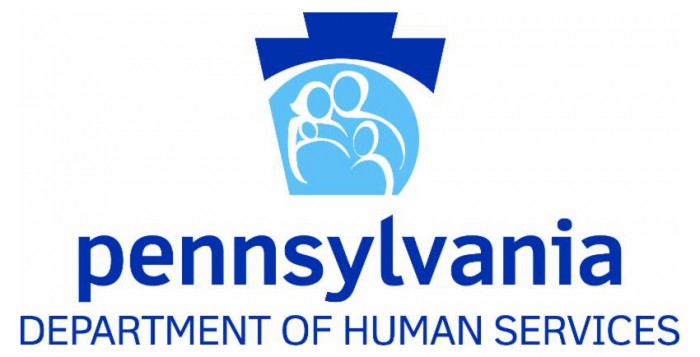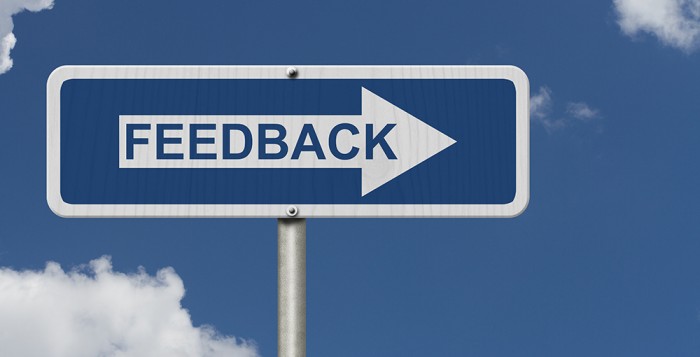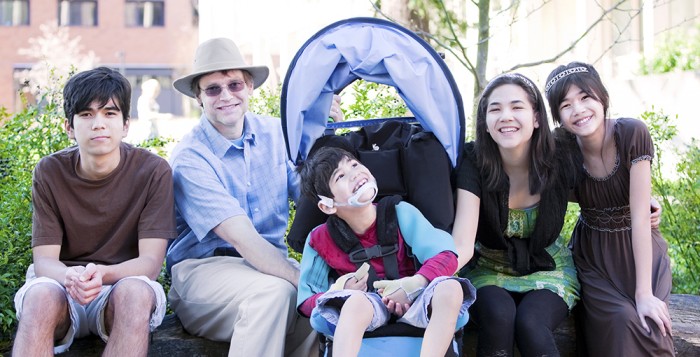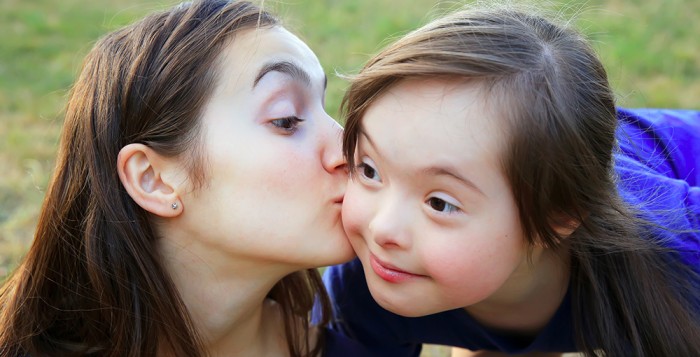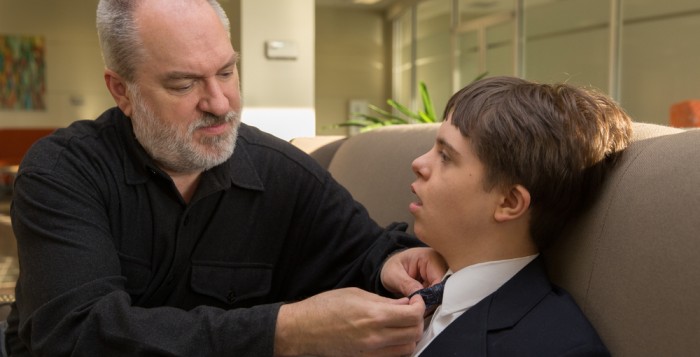Webinar: Value-Based Payment and Contracting Approaches for Caries Management: Implications for State Medicaid Programs
CMS’ Medicaid Innovation Accelerator Program (IAP) Children’s Oral Health Initiative (OHI) Value-Based Payment (VBP) team is hosting a national webinar on Wednesday, August 22, 2018 from 1:00 pm – 2:00 pm ET on monitoring and implementing VBPs, as well as contracting approaches that aim to improve caries management (i.e., assessing and treating the disease process that causes tooth decay).
Despite increases in dental service utilization among children with public insurance, opportunities to better align payment approaches with the quality of care provided remain. Children’s oral experts and representatives from a state participating in a related IAP technical support opportunity will share their insights on efforts to develop and implement a VBP approach to improve pediatric oral health care. Panelists will also discuss considerations and challenges in ensuring financial sustainability for new care delivery models. To register for this webinar, please visit this link.
Contact Robena Spangler, RCPA Children’s Division Director, with any questions.








